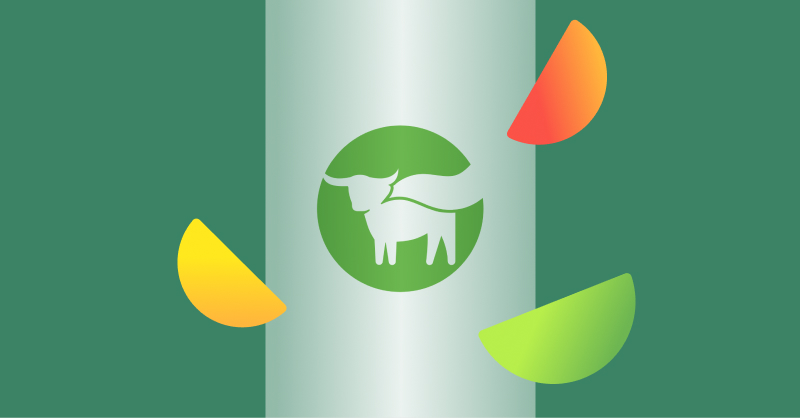BL&T No. 151: Taking A Walk in Your Team's Shoes

This post originally appeared in my weekly newsletter, BL&T (Borrowed, Learned, & Thought). Subscribe
Borrowed
"This is one of the most important things I can impart: in any troubled company the people at lower levels know what ought to be done in terms of day-to-day operations. If you just ask them, you can find answers."
From "Becoming Trader Joe" by Joe Coulombe [Book]
Learned & Thought
My first "real" job was at Wegmans Food Markets when I was 14 or 15. My best friend Kyle and I heard the cherished grocery store chain was coming to our town and were eager to gain employment. We both applied and would go on to work there on and off through college.
I've written a lot about what I learned working at Wegmans, but filling in for our business development coordinator, Riley, last week specifically reminded me of the onboarding process.
The new Wegmans store was still in progress, so training took place at another store about 45 minutes away. As part of becoming a cashier, we had to spend time in each department. The idea was to get a full perspective on how the store worked before we became the last face a customer saw before completing their visit.
Much like touring the Wegmans departments, taking on Riley's role for a week gave me a new perspective on our day-to-day new business operations. Riley has been an amazing asset to our team since starting over a year ago. She helps with everything from prospective client communication to ensuring the team has what they need when that prospect becomes a client to everything in between.
I'd be lying if I said I wasn't initially somewhat apprehensive about Riley being out, yet in typical Riley fashion, she crafted a comprehensive document outlining what would (or may) need to get done in her absence. This document put me at ease heading into the week.
While the week went by just fine, I noticed myself re-writing the same emails, asking myself the same questions, and wondering how Riley made certain decisions. By the end of the day on Monday, I created a doc called 'Questions for Riley' and started capturing notes.
I wasn't questioning Riley's effectiveness, but I realized how much probably lives in her head or personal notes. I met with Riley today; sure enough, my gut was correct. Riley and I have been working together to create SOPs around current processes, but spending a week in her shoes was eye-opening to the areas we haven't covered or aligned on. Not capturing and formalizing these aspects of our process would make it difficult to identify room for improvement and scale our efforts in the future.
My experience last week got me thinking about how much your perspective on process changes when you become responsible for a different aspect of the work. I've been working with Riley for several months, but shadowing or collaborating is one thing. You see things differently when you step into another person's role.
When I started at Barrel, I was a designer contributing to the work daily. As I grew within the team, I started spending more time developing processes, guiding projects, and managing the team. This journey is not unique to me. In many organizations, growth means going from contributing to projects to overseeing projects and processes to, for some, managing the team. What's fascinating about this progression is that you gain more control over decision-making as you move further from the details of the work.
Over the years, we've learned how important it is to get input from the team before making large-scale process changes, often through workshops, quarterly debriefs, and surveys. That said, spending time in Riley's role left me wondering what we're missing by not putting ourselves in the shoes of our teams more often. Maybe it's not literally doing their job but getting more exposure to what their day-to-day looks like.
With that, here are some questions I'm pondering:
- What areas are we spending unnecessary time with repetitive tasks, and how can we optimize or automate these processes?
- What aspects of our current process pose unnecessary challenges and complexities, and how can we simplify them?
- Do certain communication channels or approval processes slow down projects unnecessarily, and how can we streamline them to improve overall workflow?
- Are there any outdated or redundant steps in our current processes that we could eliminate without compromising the quality of our work?
- How might cross-functional team exchanges foster a stronger sense of empathy, collaboration, and a shared vision within the company?
+
The E-Commerce Corner
Read here: A Look Inside Shopify 2023 Summer Edition








